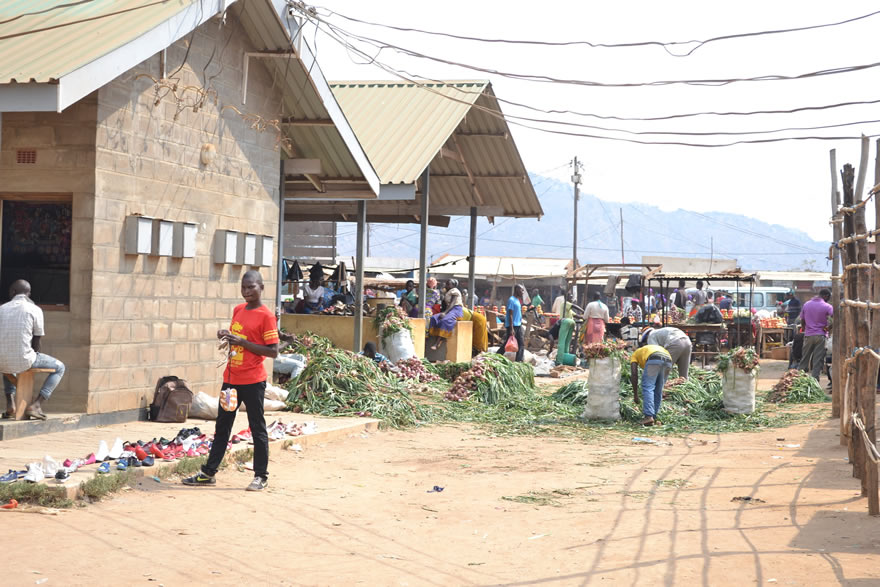The project aims to provide efficient, affordable, and clean energy to rural Malawi by utilizing rice husk gasification technology as an alternative to traditional electricity sources. Rural electrification in Malawi faces challenges such as high infrastructure costs, dispersed populations, low energy consumption, and poor load factors. This initiative focuses on designing, developing, and implementing a 100-kW rice husk gasification system to generate and distribute electricity sustainably and cost-effectively to rural communities.
The project’s objectives include identifying a suitable gasifier model, designing and constructing the system, simulating its performance, and assessing its economic viability compared to other energy sources. It will also demonstrate the technology in a selected community in Phalombe or Nkhotakota and train local artisans in system operation and maintenance for sustainability. A community management group will be formed to oversee the gasification plant, supported by public-private partnerships to ensure long-term impact.
The project targets multiple outcomes, including increased energy access for lighting, cooking, and income-generating activities, improved living standards, and reduced poverty in rural areas. Additionally, it aims to stimulate micro and small enterprise growth, enhance basic health and education services, reduce reliance on foreign exchange for rural electrification, and mitigate climate change by utilizing renewable biomass energy.
Over its 12-month duration, the project will deliver key outputs, such as baseline studies on rice husk availability, performance data of the gasifier system, economic analysis, and a fully operational rice husk-powered energy system. It also includes capacity-building activities for beneficiaries and support for three master’s research projects. With a total budget of USD 30,000, the project will contribute to Malawi’s rural electrification goals while demonstrating the feasibility of biomass-based gasification as a clean energy solution for rural development.

- Tsangano Vegetable market – where the project acquires all the waste.